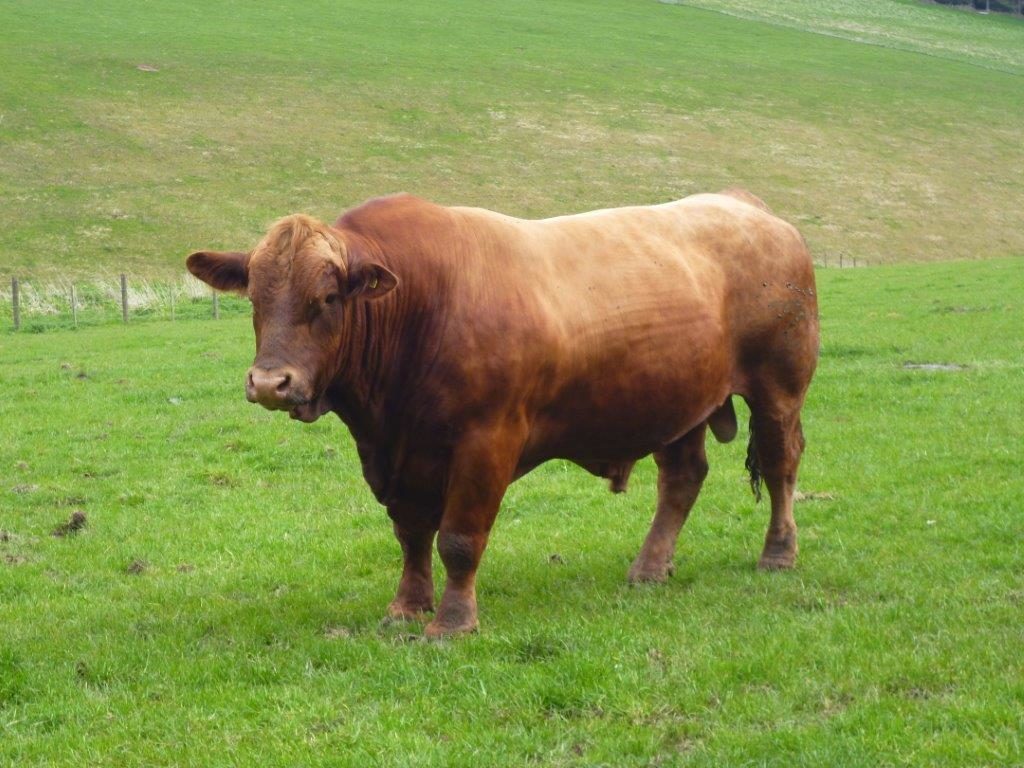Buying In An Older Stock Bull – What You Need To Know
16 August 2021Common practice when buying a new stock bull is to buy a young bull through a market or to buy a young bull directly from the breeder on farm. However, there is also increasing demand for older, mature stock bulls.
There several advantages of opting to buy an older stock bull including;
- Bull is proven.
- His offspring can be seen on farm.
- Bull shouldn’t be overly fat having not been fed to be in sale condition.
- The bull has the ability to cover more cows – as mature bull he will have the ability to serve a larger batch of cows compared with a young, unexperienced bull.
A key question to ask when buying an older stock bull is the reason the herd is selling that bull. Is he coming back onto his own stock? Is the farm changing its farming policy? Is his temperament a concern? Is he producing big calves and causing calving difficulties. These are all important areas for discussion. Along with these points, it is very important to think about animal health.
Unlike when you attend a bull sale there will not be a sale catalogue (unless attending a breeding or herd dispersal sale) which will include a herd health declaration for the bulls offered for sale if you are buying an older bull directly off farm. You will need to consider the health status of the bull in order to protect your own herd’s health status and reduce the risk of potentially introducing disease to your herd. It is very important to discuss with your vet the potential health issues of buying a mature stock bull.
Campylobacter
This is a sexually transmitted disease from cow to bull to cow at serving causing infertility and abortions. It is advisable after buying a bull which has been used previously within another herd to have your vet carry out a sheath wash of the bull. An antibiotic sheath wash will reduce the risk of the bull passing this onto cows.
Also consider BVD, Johne’s disease, Lepto, IBR and liver fluke.
Before the bull is introduced to the herd he should undergo a period of quarantine which allows time for him to settle in, get used to his new surroundings and allows time to treat for external and internal parasites. Remember that your herd may also present a health risk to the bull coming on to the farm.
Breeding Soundness
Buying an older stock bull from another herd means that although you are buying a proven bull he may not have gone through a pre breeding vet check since he was initially purchased if at all. Don’t assume that as he was fertile the year before that he still is as approx. 20% of stock bulls will be sub-fertile, reducing herd fertility. You should semen sample the bull to ensure that he is capable of getting your animals in calf.
It’s important to carry out a breeding soundness check to ensure he is going to do his job and perform as a stock bull. A breeding soundness check should examine and evaluate the bull’s mobility and legs (lameness is a common reason for culling stock bulls), check his scrotum and testicles for any sign of infection and or swelling and inflammation.
Sarah Balfour, sarah.balfour@sac.co.uk
Sign up to the FAS newsletter
Receive updates on news, events and publications from Scotland’s Farm Advisory Service

